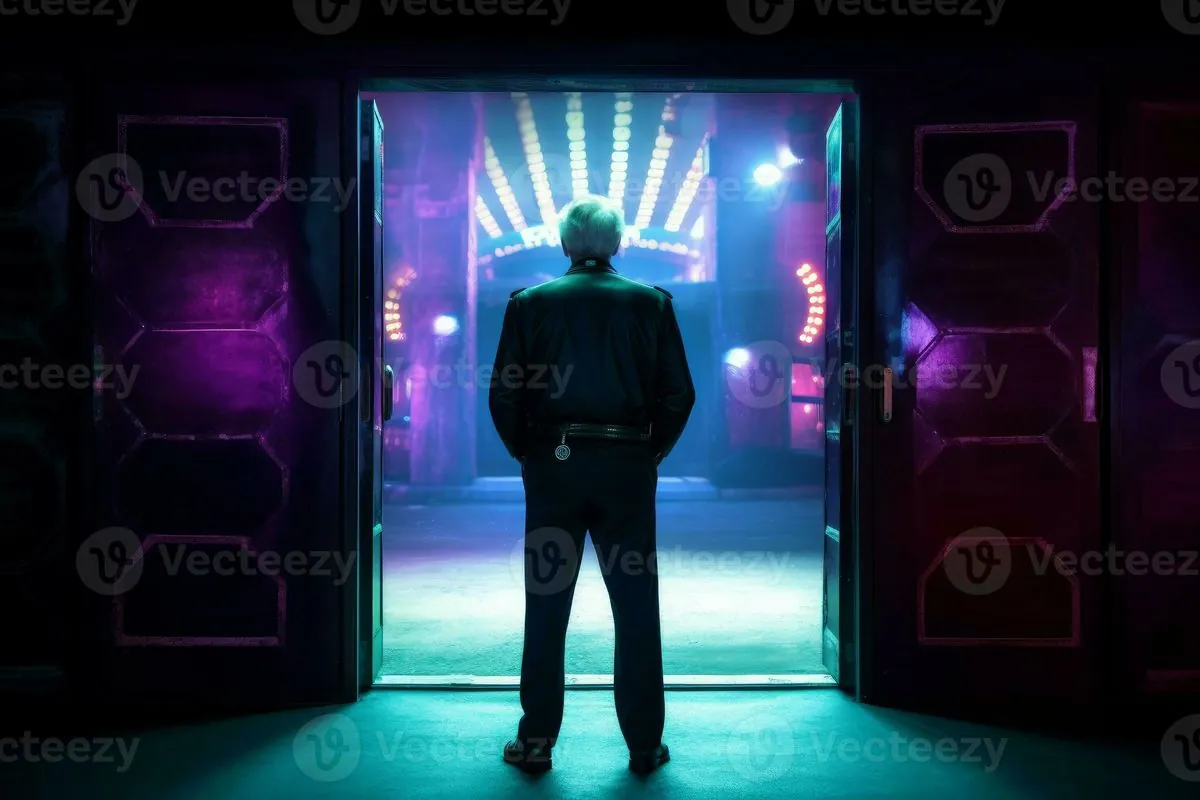An incident at a Leeds nightclub has ignited discussions on gender identity and women's safety in public spaces. On September 23, 2024, Connie Shaw, a 20-year-old student at the University of Leeds, encountered a man in the women's lavatory who refused to leave, claiming he identified as a woman.
The event occurred during a freshers' week celebration at the Warehouse nightclub in Leeds, West Yorkshire. Shaw, a third-year philosophy, ethics, and religion student, reported that the individual, described as having a moustache and wearing a black T-shirt, was confronted by several women before being removed by security.
"I found it so shocking. This example shows that now anyone can come in and say 'I identify as a woman' and get in."
The incident has raised questions about the balance between respecting gender identity claims and ensuring women's safety in public venues. It comes at a time when debates surrounding transgender rights and single-sex spaces have become increasingly prominent in the UK.
Since 2021, the UK's Office for National Statistics has included a voluntary question on gender identity in the census, reflecting growing awareness of diverse gender identities. However, incidents like this highlight the complexities of implementing inclusive policies while maintaining safe spaces for women.
The concept of "safe spaces" originated in the women's movement of the 1960s and 1970s, emphasizing the need for areas where women can feel secure from potential threats. In nightclubs, where the risk of assault is generally higher, the importance of such spaces is particularly emphasized.
Shaw, who is writing her dissertation on gender, argued that the incident demonstrates the necessity of female-only spaces. She expressed concern that such occurrences could harm young women and violate women's rights to have secure areas.
The debate over transgender rights has led to divisions within some feminist movements, with terms like "TERF" (Trans-Exclusionary Radical Feminist) emerging in online discussions as early as 2008. The UK government's consultation on reforming the Gender Recognition Act in 2018 further intensified these discussions.
While the UK's Equality Act 2010 protects individuals from discrimination based on gender reassignment, it also allows for single-sex spaces in certain circumstances. The Equality and Human Rights Commission provides guidance on balancing these considerations.
As universities and public spaces grapple with these issues, some UK institutions have implemented gender-neutral bathroom policies. However, the Leeds nightclub incident underscores the ongoing challenges in navigating gender identity recognition and women's safety concerns in public venues.
The Warehouse nightclub, regulated under the UK's Licensing Act 2003, has not provided a comment on the incident. As discussions continue, the event serves as a focal point for broader debates on gender identity, women's rights, and the evolving landscape of public space accessibility.
